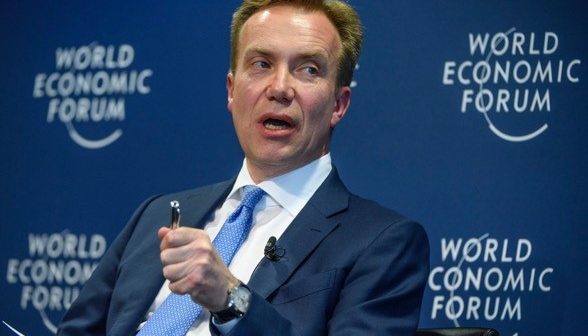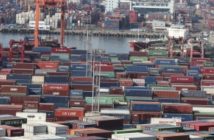In an exclusive interview with NDTV at the World Economic Forum (WEF) in Davos, Switzerland, WEF President and CEO Borge Brende forecasted a robust 7 to 8 percent GDP growth for India, driven by higher investments and economic reforms. Brende highlighted India’s immense potential, noting that the country is currently growing at a commendable 6 percent this year. He emphasized that with strategic reforms in investments, infrastructure, education, and research and development, India could achieve even higher growth rates.
Brende expressed optimism about India’s future, predicting that in a few years, India could contribute to 20 percent of the overall global growth. He attributed this potential to the country’s thriving startup ecosystem, which boasts over 120,000 startups and more than 120 unicorns. This vibrant ecosystem, according to Brende, forms the foundation for India’s future growth.
Addressing India’s ambitious goal of becoming a developed nation by 2047, Brende stated that India is on track to become a $10 trillion economy soon. He pointed out that the country’s pivot towards digital trade and services, which are growing three times faster than traditional goods, is a significant advantage.
When asked about the challenges and opportunities associated with the digitalization of the workforce, Brende highlighted the increased productivity that comes with digitalization. He explained that productivity involves producing more with fewer resources, which could challenge certain jobs but also create opportunities for higher-value production and better wages. Brende acknowledged the short-term challenges of upskilling and reskilling the workforce but emphasized the long-term benefits of new technologies for India.
Climate change was another critical topic discussed during the interview. Brende underscored the importance of addressing climate change, citing recent wildfires and droughts as evidence of its impact on agriculture and food production. He stressed that the cost of inaction far exceeds the cost of action and called for continued efforts to reduce CO2 emissions to meet the 2-degree target.
The five-day WEF meeting in Davos, which began on Monday, aims to explore strategies for re-launching growth, harnessing new technologies, and strengthening social and economic resilience. The global event has attracted nearly 3,000 leaders from over 130 countries, including 350 governmental leaders. India is represented by five Union ministers, three chief ministers, and ministers from several other states, underscoring the country’s commitment to global economic and environmental initiatives.






